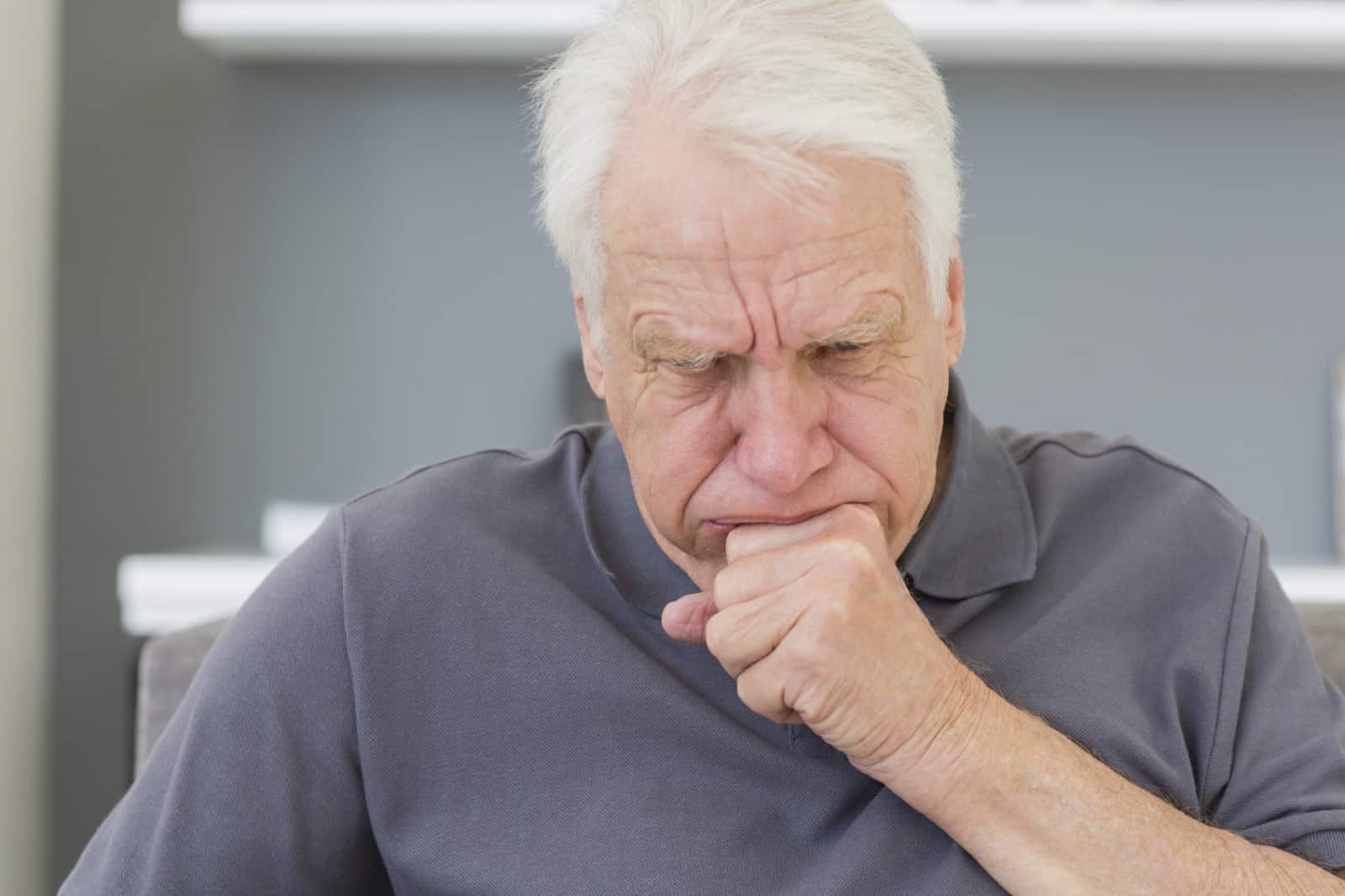
Aspiration Pneumonia
Aspiration Pneumonia Can be Caused by Negligence According to the National Center on Biotechnology Information (NCBI), aspiration pneumonia is one of the leading causes of hospitalization and deaths in nursing homes across the United States….
Aspiration Pneumonia Can be Caused by Negligence
According to the National Center on Biotechnology Information (NCBI), aspiration pneumonia is one of the leading causes of hospitalization and deaths in nursing homes across the United States. In fact, victims of aspiration pneumonia have a mortality rate three times higher than non-victims in nursing homes.
In some cases, aspiration pneumonia occurs even with the best physical care as immune systems weaken as people get older. However, in many cases, especially in nursing homes and assisted living facilities, the disease could have been prevented with quality medical care and mindfulness of the situation by caregivers and staff.
What is Aspiration Pneumonia?
Aspiration pneumonia is an infection of the lungs that occurs after inhaling food, liquids, or vomit into the lungs. When people are unable to cough up the content out of their lungs, bacteria begins to grow which eventually leads to infection.
People At Risk for Aspiration Pneumonia
Elderly individuals are at the highest risk for developing aspiration pneumonia, specifically those that live in a nursing home. With an overwhelming amount of medical neglect happening in nursing homes, elderly residents are more bedridden, don’t get enough physical activity, aren’t given medications in time, and more. Other risk factors include:
- A weakened immune system
- Being fed through a tube and/or ventilator
- Poor oral care and hygiene
- Weakened muscles in the throat used for swallowing, typically caused by a stroke, Alzheimer’s or other related diseases.
Signs and Symptoms of Aspiration Pneumonia
There are several signs and symptoms associated with aspiration pneumonia, yet not all victims will show signs of every symptom:
- Confusion and disorientation
- Fever
- Wheezing and/or noisy breathing
- Shortness of breath
- Difficulties with swallowing
- Hoarse and/or raspy voice
- Gurgling sounds when breathing
- Weight loss
- Loss of appetite
- Coughing, with or without phlegm
Your Legal Rights
Since the elderly population has an increased risk of developing aspiration pneumonia, many victims and loved ones might not understand that they have legal recourse and write it off as a natural consequence of aging. Yet, in a nursing home setting, there are several ways in which caregivers can help prevent it from occurring. There are also several ways to treat aspiration pneumonia should it occur. However, negligent staff members can miss the signs and not take proper precautions. For example, a resident who needs help with feedings should always be offered improved feeding techniques to insure food doesn’t get lodged in the lungs. In addition, better oral hygiene has been shown to help prevent aspiration pneumonia. Staff members and caregivers who are negligent are often the main cause of the victim developing the disease.
Aspiration Pneumonia Lawsuits: Hiring a Lawyer
If you or a loved one have been victim to nursing home abuse and/or neglect that has resulted in aspiration pneumonia, an experienced nursing home abuse attorney may be able to assist you. At MedMalFirm.com, our leading team of nursing home abuse lawyers have helped numerous victims win their cases and receive financial compensation for their sufferings. Give us a call today and we’ll be happy to provide you with a free consultation.
